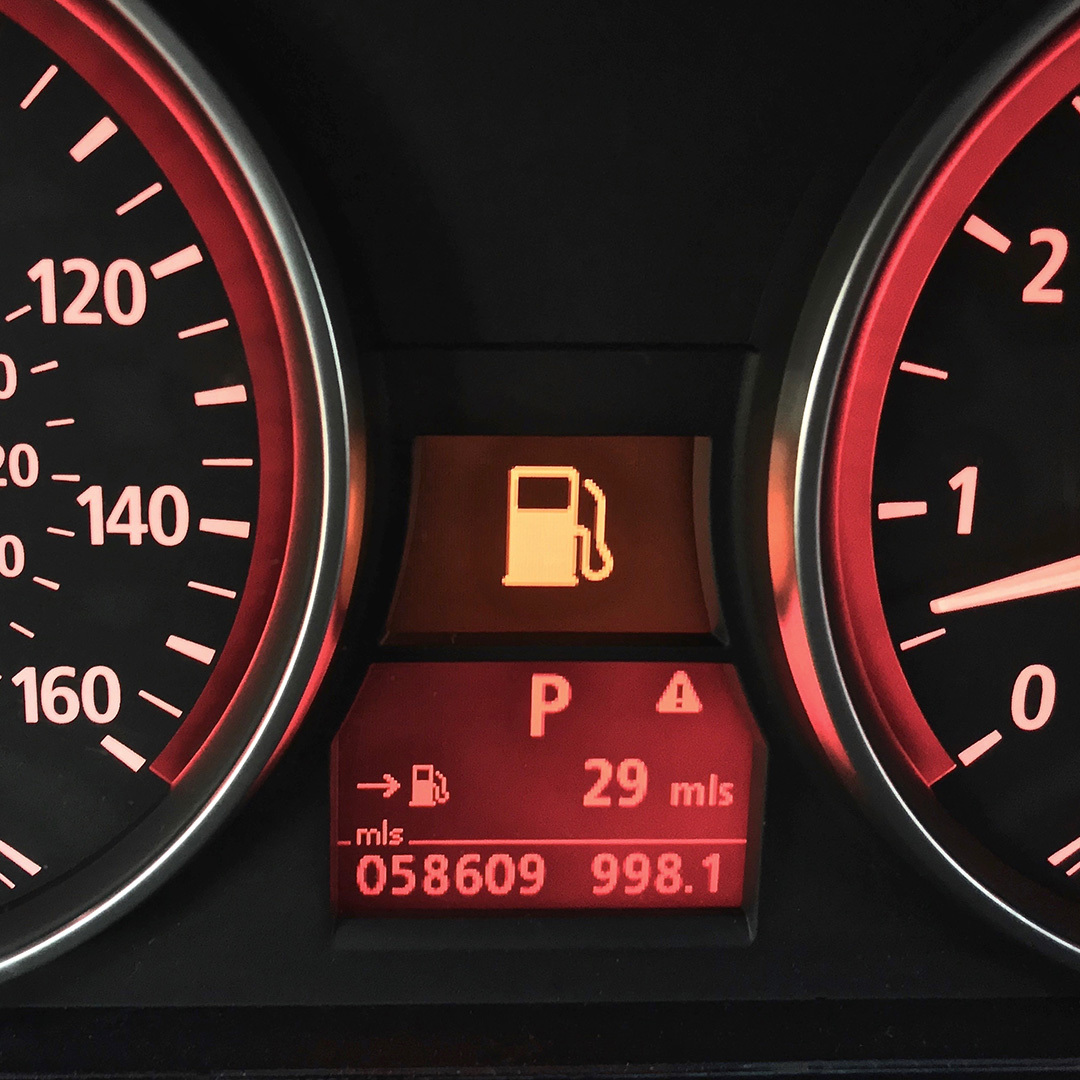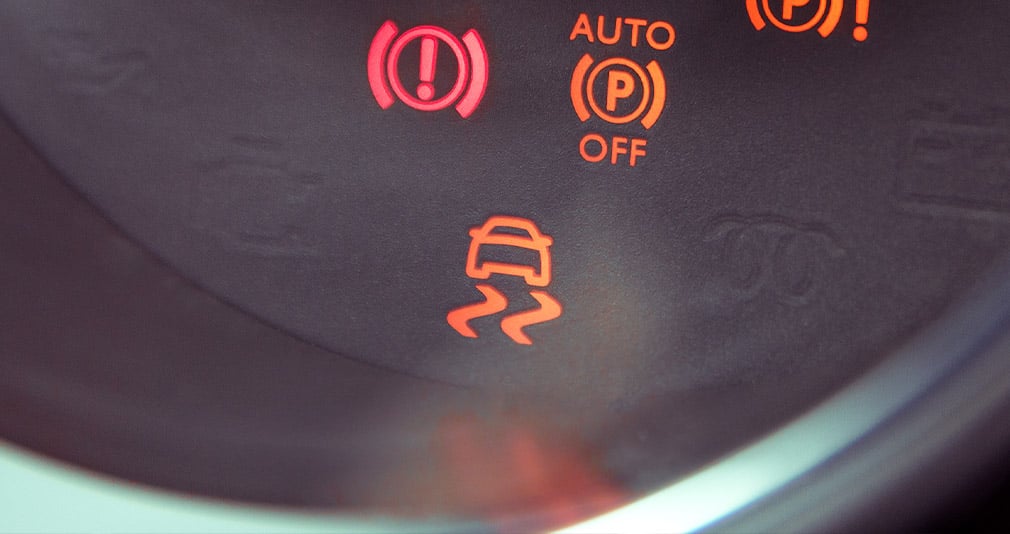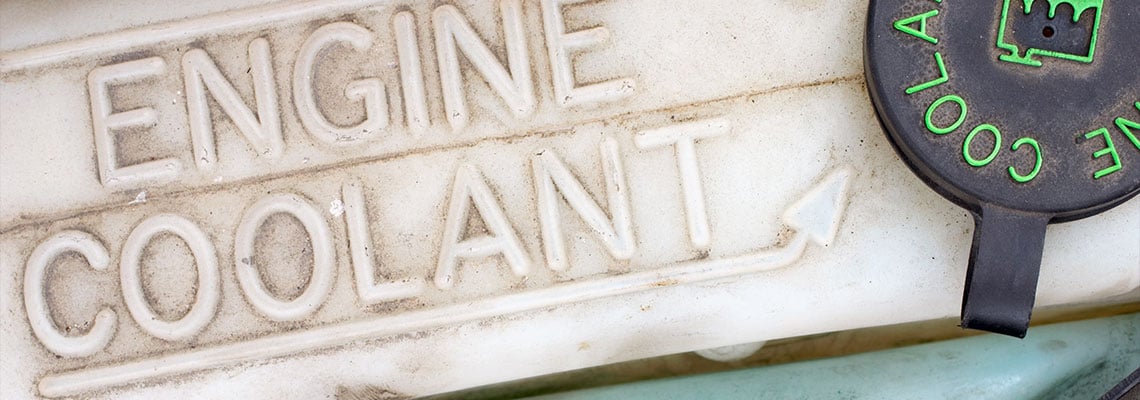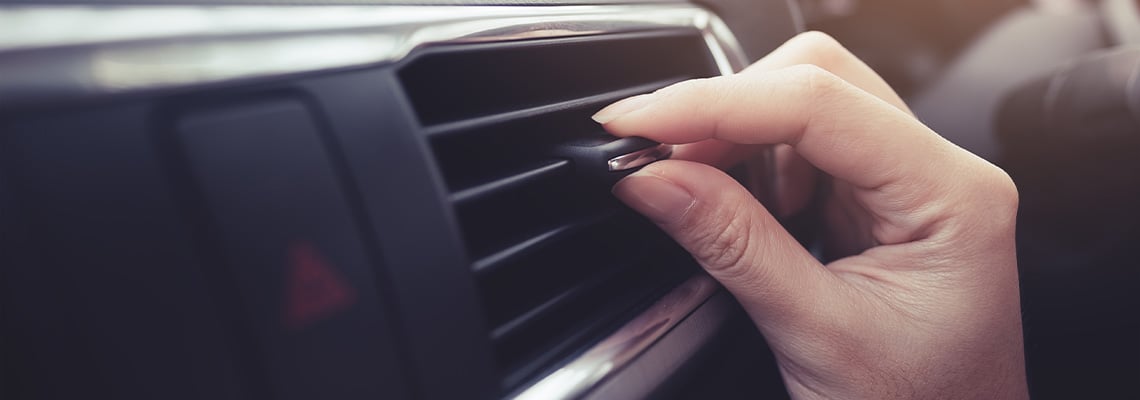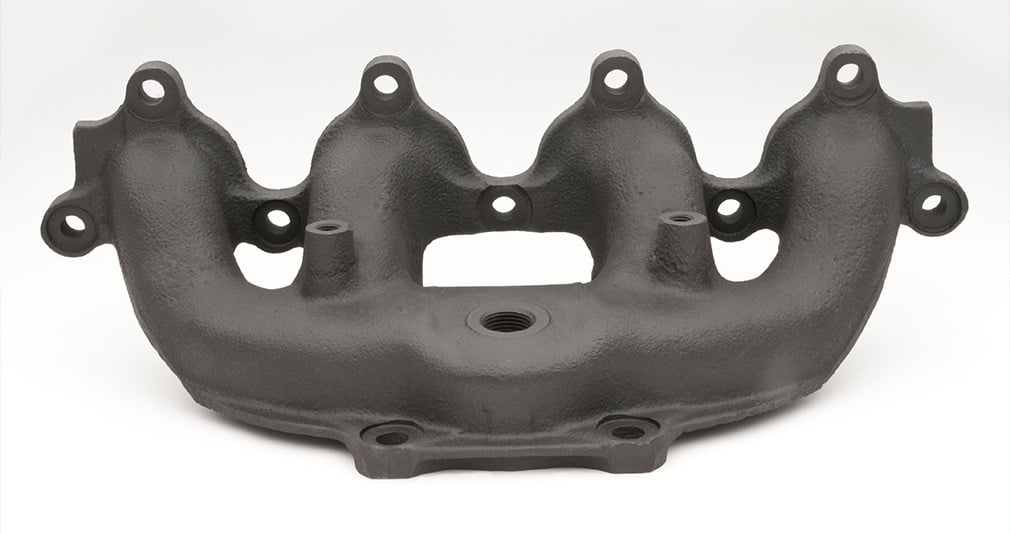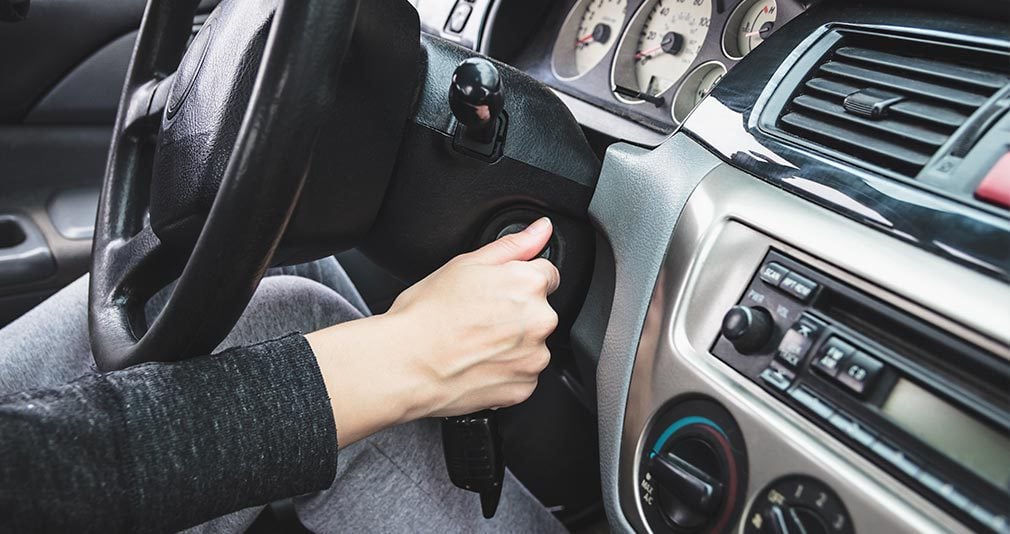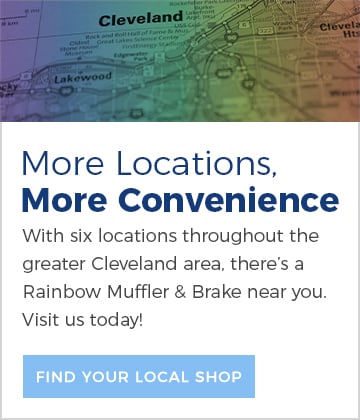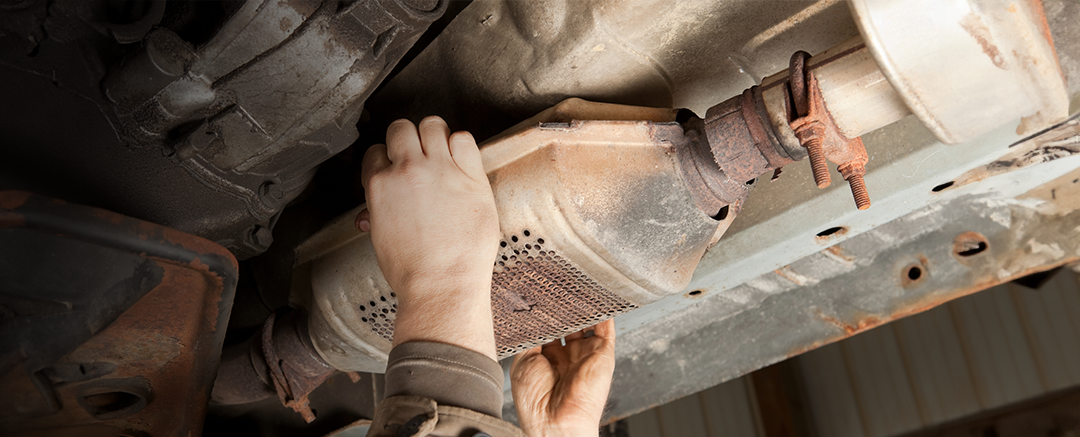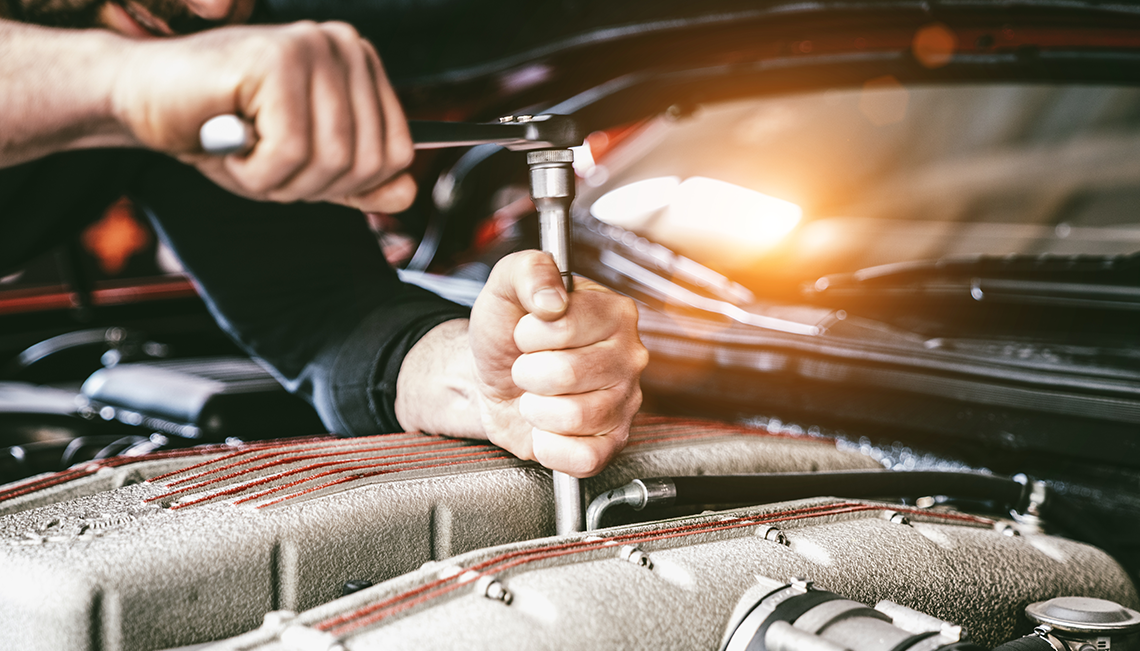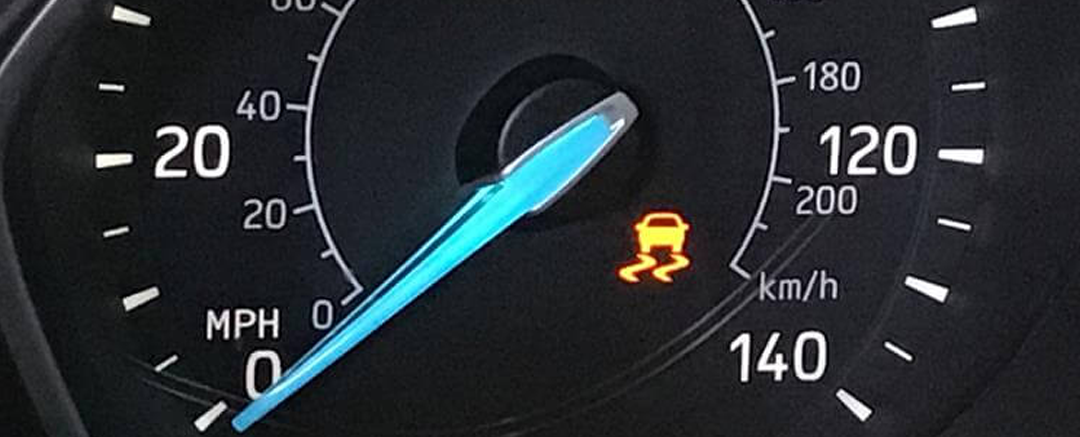You haven’t changed your driving habits, yet you find yourself pulling into the gas station more often than you used to.
If your vehicle’s MPG (that’s miles per gallon) is declining, your car is becoming less fuel efficient. In other words, your vehicle is using more fuel to travel the same distance as before. A drop in fuel efficiency can be a frustrating (and expensive) problem, but it’s not an insurmountable one.
We’ve gathered ten reasons why your MPG may be declining — and we offer some suggestions that can help you go farther between fill-ups.
1. Clogged Air Filters
Air filters prevent dirt and other particles from entering your engine. Over time, these filters can become clogged, restricting the engine’s air supply. This lack of air makes your vehicle consume more fuel to maintain the same level of performance.
This is primarily an issue in older vehicles with carbureted engines. A clogged or dirty air filter in vehicles with fuel-injected engines won’t make a huge difference in MPG, but it can take a toll on overall engine performance — which is reason enough to swap it out for a clean one.
2. A Weak Battery
The first sign of a weak or failing battery may be that hard turnover when starting your car — but a weak or dying battery can also impact your MPG. When the battery isn’t holding its charge as well as it should, the alternator is working overtime to run the electrical systems in your car and keep the battery charged. This places an additional load on your engine, leading to increased fuel consumption and a lower MPG.
To find out if your battery is to blame for a falling MPG, test its health with a multimeter, or bring it into your local auto repair shop, where a qualified tech can evaluate your battery’s health.
3. A Faulty O2 Sensor
One of the most common causes of decreased gas mileage is a faulty oxygen (or O2) sensor. O2 sensors measure the amount of oxygen in your vehicle’s exhaust and have been mandatory in all vehicles made after 1981. If the sensor malfunctions, it could send inaccurate signals to your vehicle’s computer, causing more fuel to be used than necessary. According to the DoE, fixing a faulty O2 sensor can improve mileage by as much as 40%.
A professional mechanic will be able to diagnose a faulty O2 sensor and replace it if needed.
4. Using the Wrong Oil or Fuel
The type of fluids you put into your car — namely oil and gas — can significantly impact your vehicle’s fuel efficiency. If you opt for thick oil, the extra viscosity could create more friction in the engine, causing it to work harder and burn more fuel. Similarly, using lower octane fuel than is recommended for your vehicle can lead to incomplete combustion, reducing your MPG.
Always follow the manufacturer’s instructions regarding oil and fuel; using the wrong kind could result in MPG declines.
5. Your Tire Pressure (or Lack Thereof)
Old, misshapen or poorly inflated tires can take a serious toll on your MPG. That’s because when tires are underinflated or in poor condition, your engine is working harder to move the car, thus consuming more fuel. In fact, for every 1 PSI drop in pressure, your gas mileage goes down by about 0.2%, and old or misshapen tires can drop your gas mileage by up to 3%, according to the U.S. Department of Energy.
The good news is, maintaining proper tire pressure is a relatively easy fix. Check your pressure regularly to make sure it's in the optimal range. If your tires have trouble maintaining pressure, or if you notice they are bald or misshapen, it may be time for a new set.
6. Your Driving Habits.
While it’s possible there are mechanical reasons your MPG is dropping, it’s worth looking at user error as a factor in declining MPG.
According to the DoE, aggressive driving can lower your gas mileage by roughly 15% to 30% at highway speeds, and 10% to 40% in stop-and-go traffic. If you’re prone to speeding, rapid acceleration or hard braking, it’s most likely taking a toll on your fuel efficiency.
To see measurable improvement at the pump, the DoE recommends driving the speed limit (using cruise control when possible) and avoiding quick starts and stops.
You can also use a driver feedback device (also called an eco-driving or fuel-efficiency monitor) that provides real-time feedback on your driving habits and vehicle performance. These devices are designed to help you become more aware of your driving behavior and how it impacts your MPG.
7. Carrying Extra Weight
Any extra weight in your vehicle acts as resistance, making the engine work harder to haul it. Whether it’s a trunk full or a roof rack, those extra pounds add up. The DoE estimates an extra 100 pounds in your vehicle could reduce your MPG by about 1%. By ditching the clutter, you can lighten the load and ultimately increase your fuel efficiency.
8. Excessive Idling
Excessive idling is also a major enemy of fuel efficiency. Extended idling — the kind that happens when you’re waiting in your car and don’t turn off the engine — lowers your overall MPG. If you’re going to be stopped for more than a few minutes, and it’s safe to do so, turn off the engine. Modern start-stop systems in newer vehicles do this for you.
9. Your Vehicle’s Age
As cars age, their engine and their efficiency naturally decrease through normal wear and tear. And while cars that are properly maintained can often hang onto excellent fuel efficiency as the odometer creeps noth, certain components will naturally become less efficient.
If you have an older car, it's imperative to schedule regular services like fluid changes, tune-ups and timely part replacements. This can help maintain fuel efficiency by keeping the engine in peak condition.
10. Weather Conditions
Cold weather can significantly decrease fuel efficiency, as your engine takes longer to reach its most efficient temperature, and battery performance declines in lower temperatures. The effect is particularly noticeable when you make short trips (three to four miles), when the MPG can drop up to 24%. Cold weather also affects tire pressure, which can lead to lower fuel efficiency.
In hot weather, using the air conditioner can reduce MPG by more than 20% at lower speeds. To minimize this effect, use the air conditioning sparingly and park in the shade or use a sunshade so that the cabin doesn't get as hot. In the winter, park in a garage and try to combine trips so that your car stays warm between trips.
How to Get Better Gas Mileage: Routine Maintenance
Sticking to your car’s recommended maintenance schedule is one of the best things you can do for fuel efficiency. Simple tasks like regular oil changes, checking fluid levels, rotating tires and replacing spark plugs when necessary all contribute to your vehicle’s performance. Neglecting these tasks can result in lower MPG over time.
Consult with your vehicle’s manual and schedule maintenance visits in advance with your trusted technician. Your car, and your wallet, will thank you.

